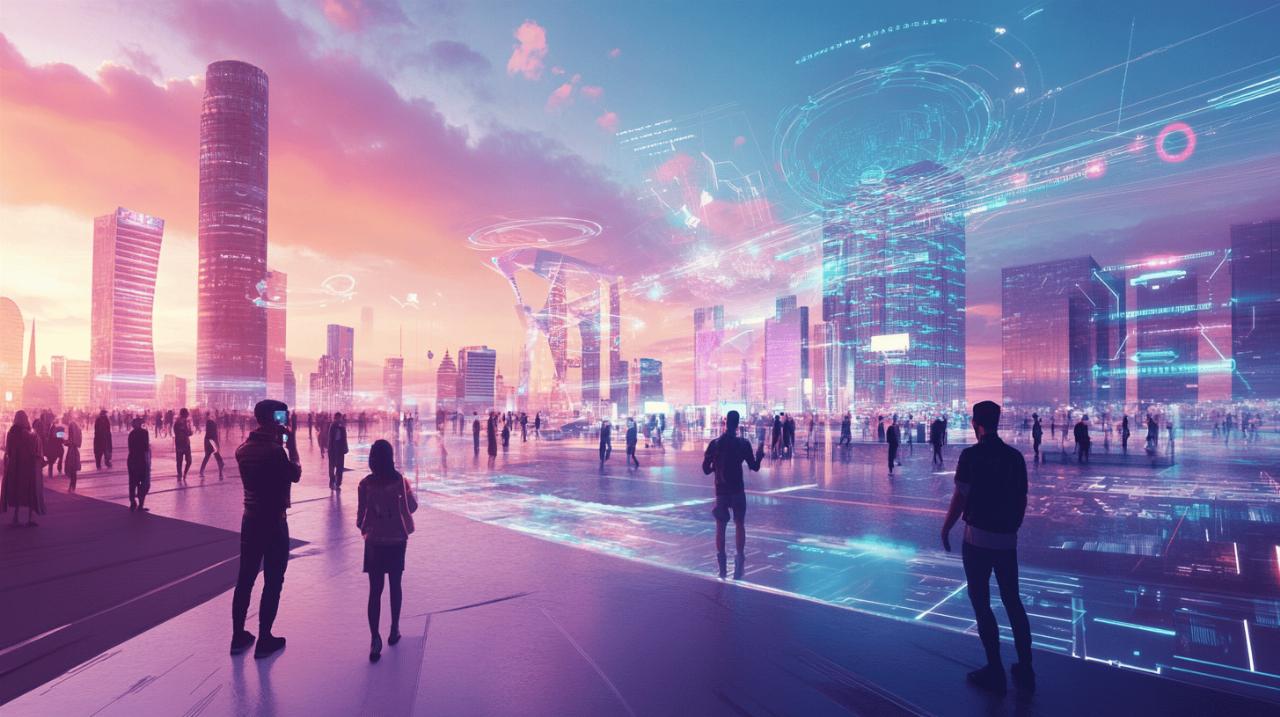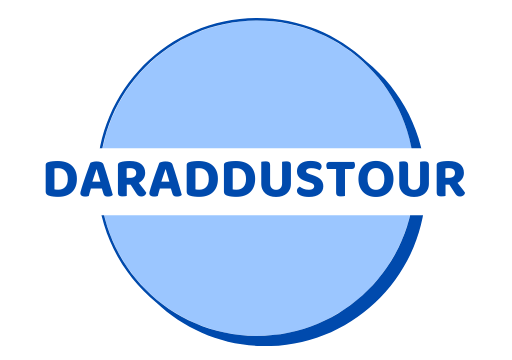Modern innovations are reshaping our homes and routines in remarkable ways. From streamlining mundane tasks to creating more comfortable living spaces, technology offers countless possibilities to enhance how we live, work, and relax each day.
Smart home devices that transform your living space
The digital revolution has brought intelligent technology directly into our living rooms, kitchens, and bedrooms. These innovations don't just offer convenience—they're fundamentally changing how we interact with our living spaces while improving efficiency and comfort levels.
Voice-controlled assistants for effortless management
Voice-activated assistants have become central command hubs in many households. These smart devices respond to verbal commands, allowing you to control multiple aspects of your home environment without lifting a finger. When integrated with Macom systems and other compatible devices, voice assistants can manage everything from lighting and temperature to security systems and entertainment options. This technology supports workplace efficiency even when working remotely, giving you more time to focus on productivity rather than managing household tasks.
Energy-saving systems that cut costs while helping the environment
Smart thermostats, automated lighting, and intelligent power management systems represent the eco-friendly side of home tech integration. These devices learn your habits and preferences while optimizing energy usage throughout your home. Many users report significant reductions in utility bills after installation. The tech integration works seamlessly with existing Macom products to create comprehensive energy management solutions that support both financial savings and environmental sustainability. As digital transformation continues to shape consumer behavior, these energy-saving technologies are becoming essential components of the modern home.
Health and Wellness Applications at Your Fingertips
Modern technology has revolutionized how we approach health and wellness, putting powerful tools directly into our hands. Digital transformation in the wellness space has created unprecedented opportunities for individuals to take control of their physical and mental health through smart devices and specialized applications. The integration of these technologies into our daily routines has fundamentally changed consumer behavior around personal wellness.
The tech integration we're seeing in health applications reflects broader trends in Society 5.0, where digital solutions are seamlessly woven into everyday life. These innovations create an enhanced customer experience (CX) by providing personalized health insights previously only available through professional consultations.
Fitness trackers that motivate consistent exercise habits
Fitness trackers represent one of the most successful forms of tech integration in daily wellness routines. These smart devices do far more than simply count steps – they analyze sleep patterns, monitor heart rates, and provide actionable insights that drive positive behavioral changes. Many users report significant improvements in productivity and consistency when using these digital companions.
The innovation in this space continues to accelerate, with newer models offering features like stress monitoring, oxygen saturation measurement, and even ECG capabilities. This digital transformation of personal fitness monitoring creates a more engaging experience that motivates users through gamification, challenges, and social connectivity.
What makes these devices particularly effective is how they transform abstract health goals into concrete metrics, creating clear pathways for improvement. By tracking progress over time and celebrating achievements, fitness trackers leverage basic principles of behavioral psychology to establish lasting exercise habits.
Meditation apps designed to reduce stress levels
The digital entertainment landscape now includes a wealth of meditation apps specifically engineered to combat rising stress levels. These applications represent an interesting intersection of technology impacts – while excessive screen time can contribute to stress, these particular digital tools actually work to counteract it.
Modern meditation apps employ sophisticated survey design to understand user needs and customize experiences accordingly. Many offer guided sessions of varying lengths, breathing exercises, sleep stories, and ambient soundscapes. This personalization aspect significantly enhances the employee experience (EX) for those using these apps during work breaks, contributing to better work-life balance and workplace efficiency.
The growing popularity of these applications signals a shift in consumer behavior, as people increasingly recognize the value of mental wellness alongside physical health. Many apps now integrate with other smart devices to provide a more holistic wellness experience, tracking both meditation consistency and physiological responses like heart rate variability – a key indicator of stress resilience.







